Chatham County Fire Department - Behavioral Health Unit
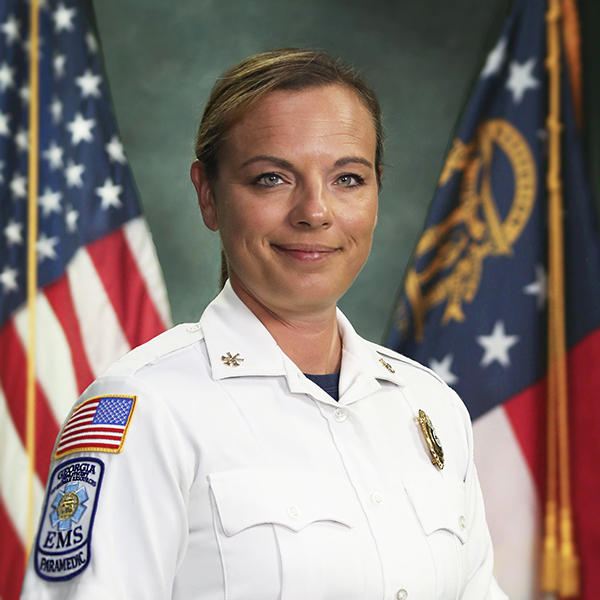
Lydia McCrary
Director of Medical Services
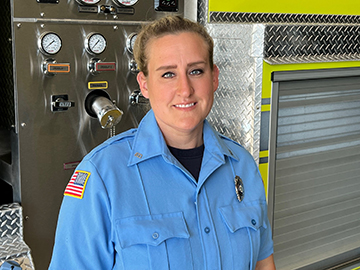
Coleen Robertson
Community Paramedic
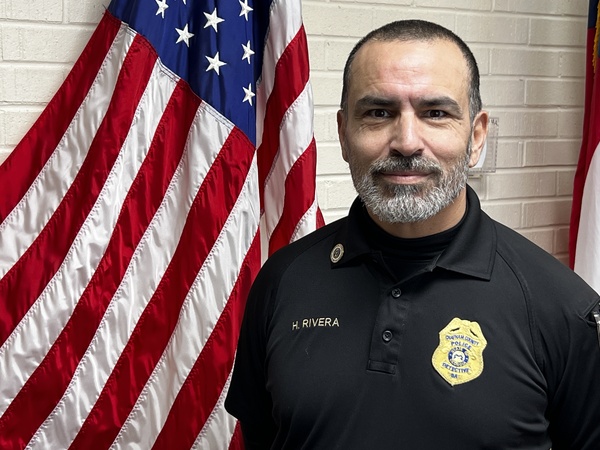
Sergeant Hiram Rivera
Chatham Police Department

Officer Jesse Germinario
Chatham Police Department
Lydia McCrary Is the Medical Services Director and leads the Chatham County Fire Department Behavioral Health Unit. She has been a paramedic/firefighter for 19 years. She has done extensive research and training in community paramedicine bringing innovative strategies to Chatham County.
Sergeant Hiram Rivera of the Chatham County Police Department has spearheaded the Crisis Intervention Team efforts from a law enforcement perspective and when Chatham Fire transitioned to a County department on July 1, 2024, he became a valued member of the fire department Behavioral Health Unit.
The Behavioral Health Unit (BHU) currently has two community paramedics. Coleen Robertson who has been a paramedic for 12 years and Khyle Shervington has been a paramedic for 10 years.
Officer Jesse Germinario holds a four year degree in Psychology from Old Westbury College. He has been in law enforcement for approximately three years and is the Chatham County Homeless Liaison since October 2024.
They are extensively trained in de-escalation, suicide intervention, trauma informed response, resiliency, crisis intervention, and advanced paramedicine. They have worked closely with the Savannah Police Department and the Chatham County Police Department’s BHU units and the Behavioral Crisis Center to reduce unnecessary ER admissions and EMS transports.
The goal of the unit is to provide not only crisis care but to also provide follow up with their patients to connect them to the right resources, whether that is counseling, substance abuse treatment, food, or shelter. The unit collaborates with multiple community partners to bridge the gap.

In alignment with the Chatham County Government's mission to protect, serve, and improve the quality of life for
all residents, the Chatham County Fire Department Behavioral Health Unit (BHU) is committed to empowering
every individual to take control of their mental health and wellness outcomes.

Through compassionate, patient-centered care and strong community partnerships, we provide the resources necessary
to support mental health recovery and improve the quality of life for all,
especially the most vulnerable and underserved populations.

Our mission is to provide quality-based, compassionate care, treating
every individual with dignity and respect, while inspiring hope,
positive change, and the nurturing of physical,
emotional and mental well-being.
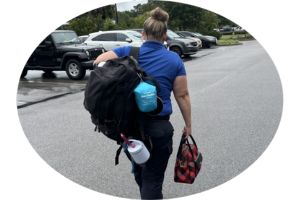 We proactively address gaps in healthcare access and reduce
We proactively address gaps in healthcare access and reduce
unnecessary emergency room visits through integrated
behavioral health services tailored to meet the diverse needs of our community.

We envision a Chatham County where mental health is prioritized and seemlessly integrated into emergency and
healthcare services. The BHU strives to be a recognized leader in behavioral health crisis intervention and community
support, fostering resilience and empowerment while collaborating with healthcare providers, social services and
community organizations.
By offerring accessible, compassionate care, we aim to make Chatham County the best place to
live, work, and play, ensuring every individual has the opportunity to thrive.


COMPASSION
We provide patient-centered care, treating every individual with empathy, respect, and dignity, patricularly during mental health crisis.
COLLABORATION
Through partnerships with healthcare providers, social services, and community organizations, we deliver comprehensive, integrated care that meets the unique needs of each person.
DIGNITY
We uphold the inherent dignity of every individual, offering non-judgemental and supportive care to those facing mental health challenges.
INNOVATION
We continuously improve our services through evidence-based practices and innovative approaches, ensuring that care is timely, effective, and accessible.
HOPE
We are dedicated to inspiring hope and positive change, supporting the mental, emotional, and physical well-being of those we serve by empowering them to take control of their outcomes.
COMMUNITY-CENTERED CARE
We prioritize the unique needs of Chatham County's residents, focusing on outreach and accessibility to ensure that the most vulnerable and underserved populations receive high-quality behavioral health services.

When you or someone you know is in a mental health crisis, the hospital emergency department may not be the best place for the services the patient needs.
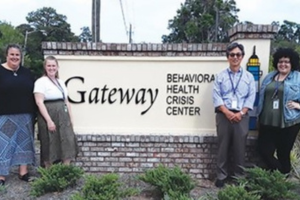
The community paramedic co-responder model works with mental health providers to assess your situation and direct you to the most appropriate care at the right time.






You don't have to be in crisis to ask for help.
The CCFD BHU can help you navigate:
Mental Health Care Access
Access to health care
Medical equipment
Resources for elderly care
Substance abuse support
Housing and food stability
Vital records access
Education and resources



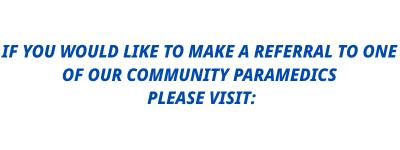




 We proactively address gaps in healthcare access and reduce
We proactively address gaps in healthcare access and reduce 









 Part of ChathamCountyGA.gov
Part of ChathamCountyGA.gov








